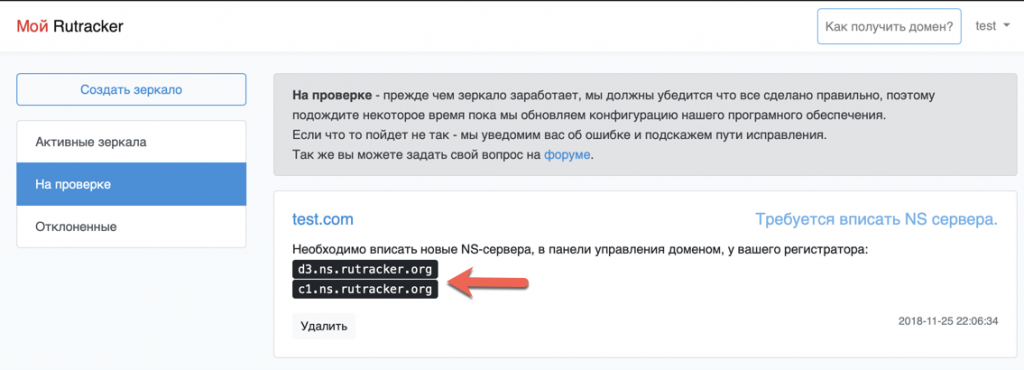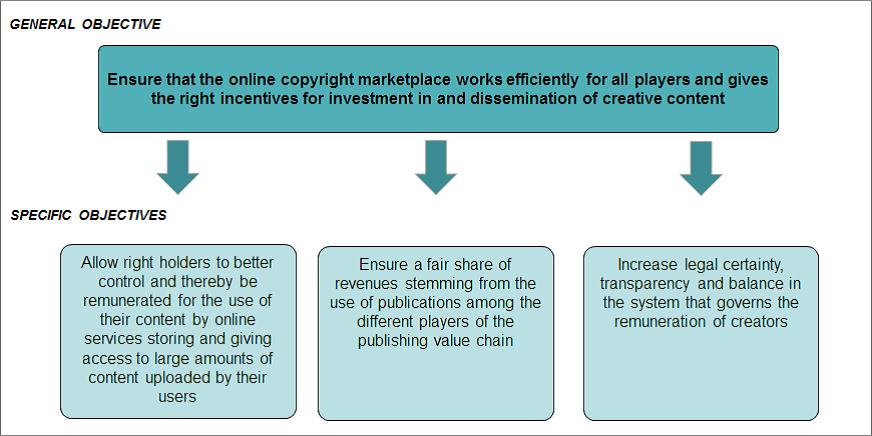No policy intervention. This option would rely on the voluntary deployment of technologies by user uploaded content services, which will continue to apply their own terms and level of transparency as to the functioning of the technologies.
Comments closedCategory: Internet
This March some civil activists have organized the rally against new law on Russian internet autonomy. And as always the data about the quantity of people, who was there, are different. The police claims there were six and half thousand peoples, the civil activists claim there were 15 thousands. But the rally has been authorized by the local authorities. The rallies were in Moscow, Habarovsk and Voronezh, where the authorization has been not granted.
Comments closed

Now, according to Rutracker you don’t need to use TOR, VPN or any other means to be anonymous in internet. Some Russian media resources even call Rutracker a “cultural portal”. Some right holders would not agree and would challenge such name.
Comments closed
Russian internet watchdog Roskomnadzor (RKN) has stated it is ready to be the platform for dialogue between search engines and publishers of electronic and traditional books in order to conclude anti-piracy memorandum for books. Previously it was singed anti-piracy memorandum for audio-visual works between major Russian right holders and Russian internet companies, the Google was not the signatory of memo and likely would not the signatory for books’ publishers memo.
Comments closed
It is a problem, because rightholders have no or limited control over the use and the remuneration for the use of their content by services storing and giving access to large amounts of protected content uploaded by their users.
Comments closed
The new amendments to Russian civil code provide new type of rights – the digital rights. These amendments define what the digital right is. Actually new amendments aim to regulate crypto assets, digital financial assets and alternative means of investments (сrowd funding). It seems not so soon all amendments will became an adopted law.
Comments closed
Within a short period in the recent past, the significance of economic activities in the digital space has grown substantially, both globally and in India. This draft Document seeks to provide for consideration and discussion, a possible policy framework that will enable the country to benefit from rapid digitalization of the domestic, as well as global economy. Consumer protection, data privacy and maintenance of a level-playing field are some of the crucial issues.
Comments closed

This is a case about alleged copyright infringement of photographs of teeth.
Comments closed
In the recent years, the internet has become the main marketplace for the distribution of and access to copyright protected content, involving a high number of market players and a diversity of business models. While online content services have become essential for the generation of revenues, rightholders face difficulties when seeking to monetise and control the distribution of their content online. There is a growing concern about the sharing of the value generated by some of the new forms of online content distribution.
Comments closed
The traditional mass media in Russia – traditional television and radio stations and print issues – are totally under control of the state. Most of them have also strong support from the state budget. But if these media provide information for huge massive audience, should they be liable for mistakes, i.e. for so called fake news made by mistake, omission or by any other reason. In other words, if traditional mass media provides incorrect information should it be liable?
Comments closed
